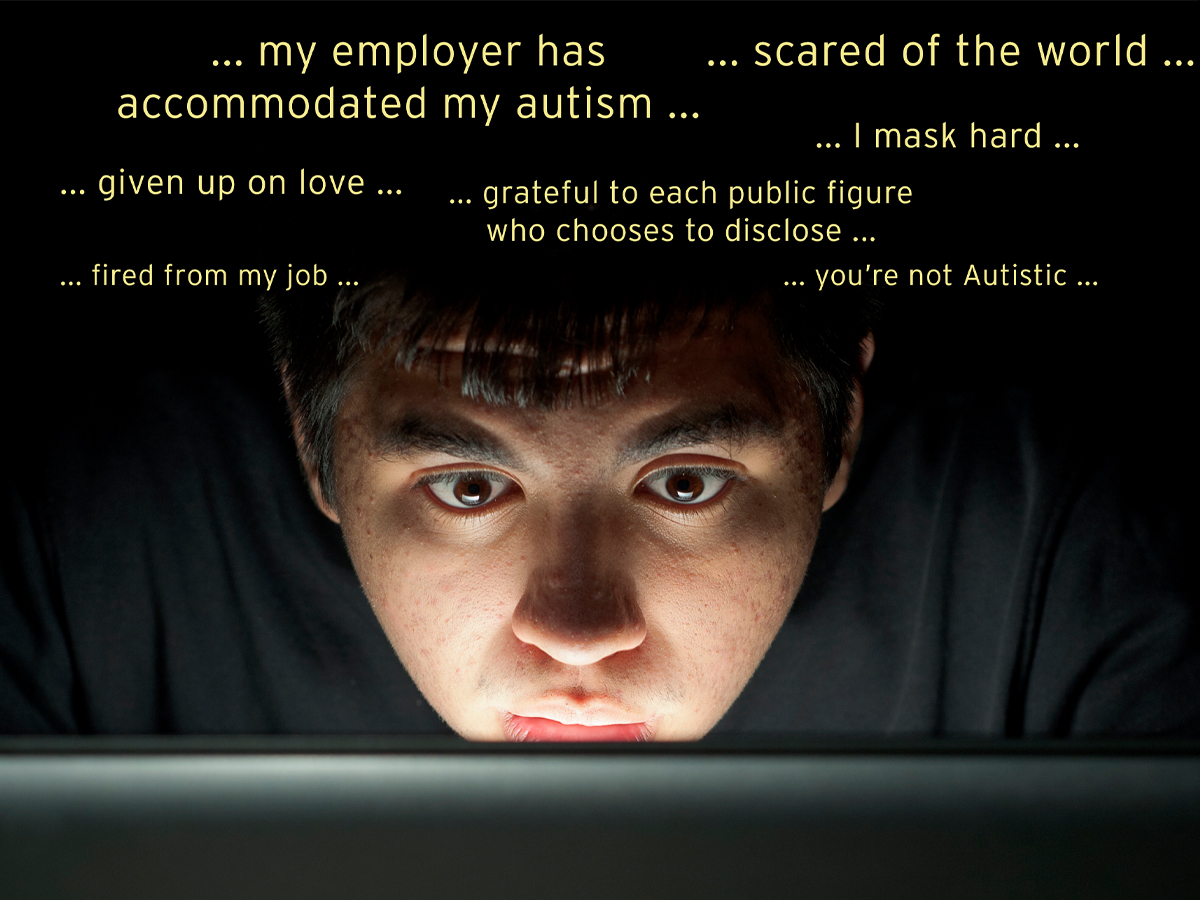New research into autism disclosure has found that overwhelmingly people had a narrow understanding of what autism is which creates problems for autistic people in work, dating, healthcare and mental health.
The findings from a three-year project conducted by the Aspect Research Centre for Autism Practice (ARCAP) support the need for more autism advocacy, better media presentation and an increase for public role models.
More than three thousand social media conversations were collected from autistic people that revealed the harsh experiences encountered after disclosing their diagnosis/identity to colleagues, employers, healthcare professionals, partners, friends and family members.
Speaking about the findings ARCAP researcher Dr Chris Edwards said increasing the accuracy of autism understanding across society will mean that autistic people can feel safer to disclose if they want to. “Many posts called for different forms of media to promote more accurate and diverse portrayals of autism, rather than reinforcing stigma and discrimination,” he said.
The data also highlighted the onus on autistic people to adapt to a neuro-typical society which often comes in the form of masking to fit in, which can be exhausting and challenging.
The research, which involved social media posts from across the globe, demonstrated that autistic adults frequently experience society’s lack of understanding of autism whether they disclose or not.
According to ARCAP research officer, Dr Abigail Love, the use of social media mining played an instrumental role in helping to learn about the experiences of the autistic community.
“By reviewing the transparent and honest insights that people share via social media, we can better inform programs and support services to meet the genuine needs of autistic people, and also pinpoint some of the obvious misconceptions in the general public that need to be addressed,” she said.
To communicate the results of the research, Autism Spectrum Australia has created resources to assist both autistic and neuro-typical people when it comes to disclosure, including fact sheets and webinars.

